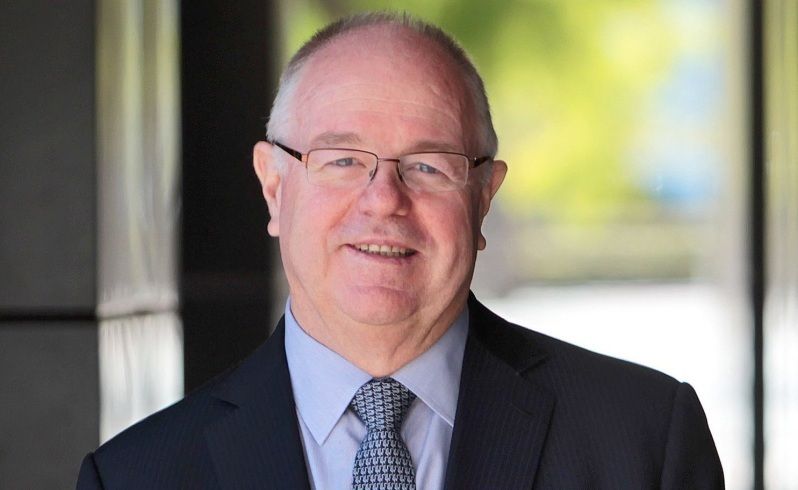How can Côte d’Ivoire attract further foreign investment in the gold mining sector?
JEFF QUARTERMAINE: The potential for new gold discoveries in C ô te d’Ivoire is very good. When coupled with government receptiveness to foreign investment, this augurs well for the growth of the local gold mining industry. One important criterion for international investors when evaluating the risks of entering a market is investment stability.
A number of African countries have moved the goal posts for investors, but if C ô te d’Ivoire can avoid following suit by changing its fiscal regime, it will enhance its existing reputation as an ideal destination for foreign investment in the gold sector in West Africa.
How ready is Côte d’Ivoire for a mining boom in terms of infrastructure, capacity and legislation?
QUARTERMAINE: C ô te d’Ivoire possesses excellent infrastructure to support gold mining operations. Roads, water storage, electricity generation capacity, ports and airports are all available. Hence, the country is ready for a mining boom. The government has updated mining legislation, and we are ready to carry out business.
The challenge for C ô te d’Ivoire will be to manage internal politics on a consistent basis. History has shown that the political scene can be volatile, which leads to uncertainty and lack of confidence on the part of investors. If political volatility can be minimised, then given the country’s mineral endowment, infrastructure, legislative platform and the attitude of the people, C ô te d’Ivoire is well positioned to reap the benefits of a vibrant mining industry.
What can private companies do to reduce the impact of their activities on local communities?
QUARTERMAINE: The fact that mining impacts local communities is undisputed, but it should be noted that there are potentially both positive and negative effects, depending on one’s perspective and ideological disposition.
Companies must take a proactive approach aimed at ensuring that the impact of mining activities are on the whole positive, and achieve this by implementing a range of initiatives related to employment; training; education; health care; assistance and opportunities for small, sustainable businesses; construction of community infrastructure; and so on.
It is also mandatory to take care of the physical environment by limiting and monitoring noise, dust and water runoff. Lastly, it is crucial to progressively rehabilitate land that we disturb, and in many cases, return the land to host communities in better condition than it was in previously. It should be acknowledged that mining could bring about social change in communities.
To what extent can private mining companies constrain the rise of illegal mining?
QUARTERMAINE: The fight against the rise of illegal mining cannot be won by companies acting in isolation. Without a genuine commitment by governments to rid their countries of this scourge, it will simply not happen, irrespective of what companies do.
By working in tandem with governments, private companies could assist in the reduction of illegal mining by offering alternative employment and training to local youth, and in doing so, provide them a pathway to long-term, legitimate employment.
Training initiatives have proven to be successful. For example, some 92% of employees working at the Sissingue mine are Ivorians, a majority of which come from communities that used be subsistence farming economies. It is key to identify within the labour force those with the aptitude to rapidly learn the necessary skills and offer them full-time employment.
This translates to increased motivation and a stronger commitment to the sector. Such formalisation of the sector will allow it to develop in a stabilised environment, strengthening the country’s competitiveness.

